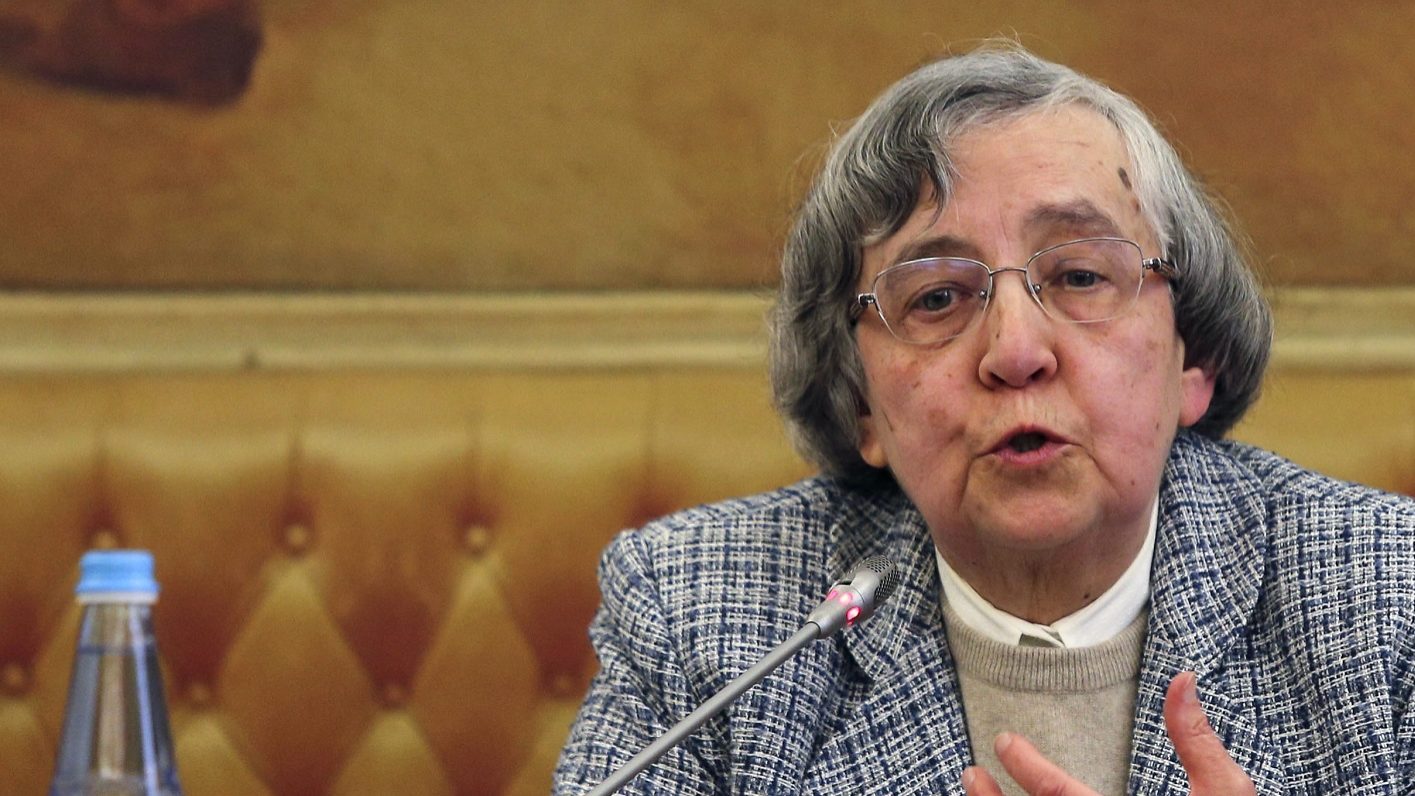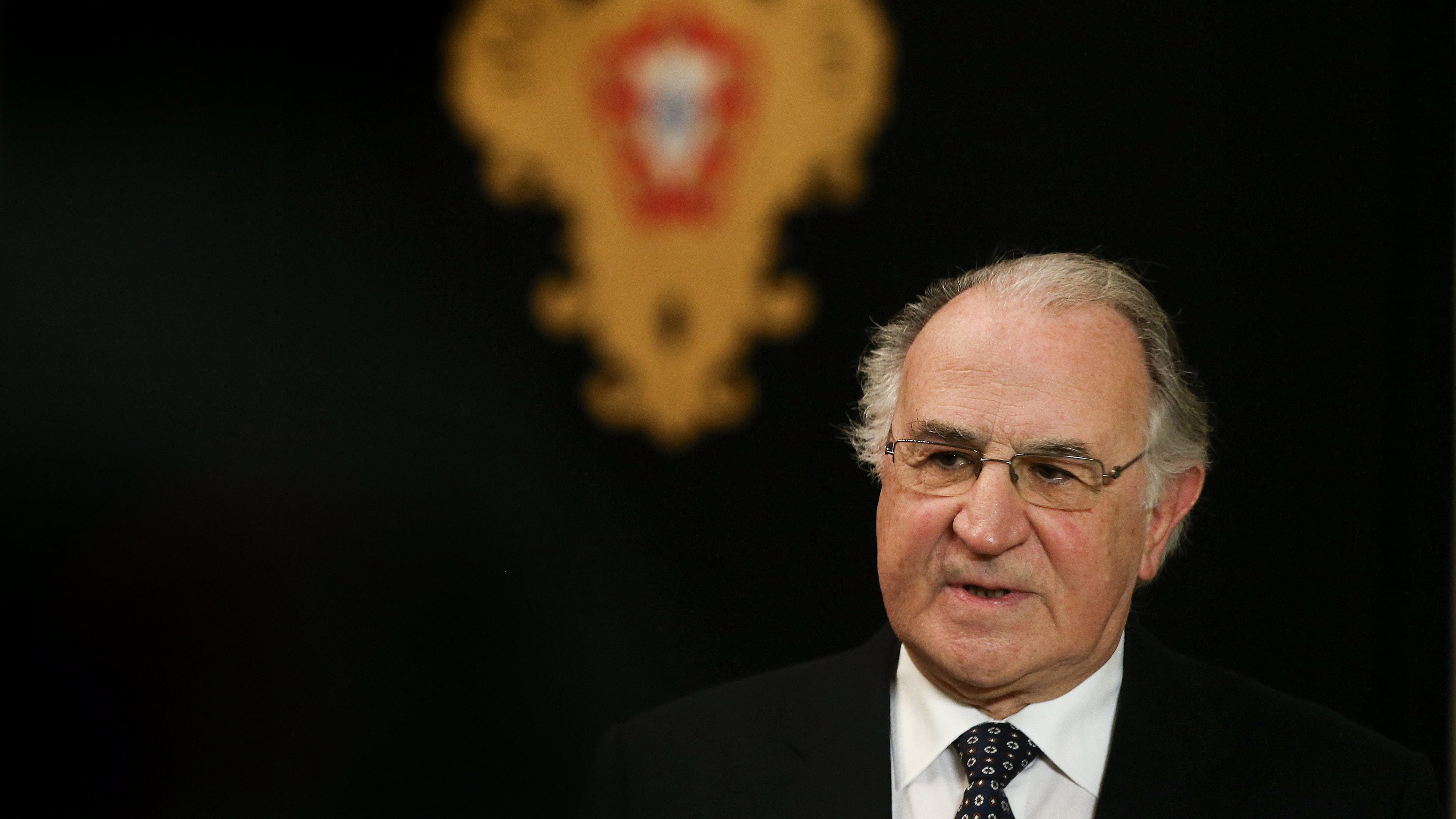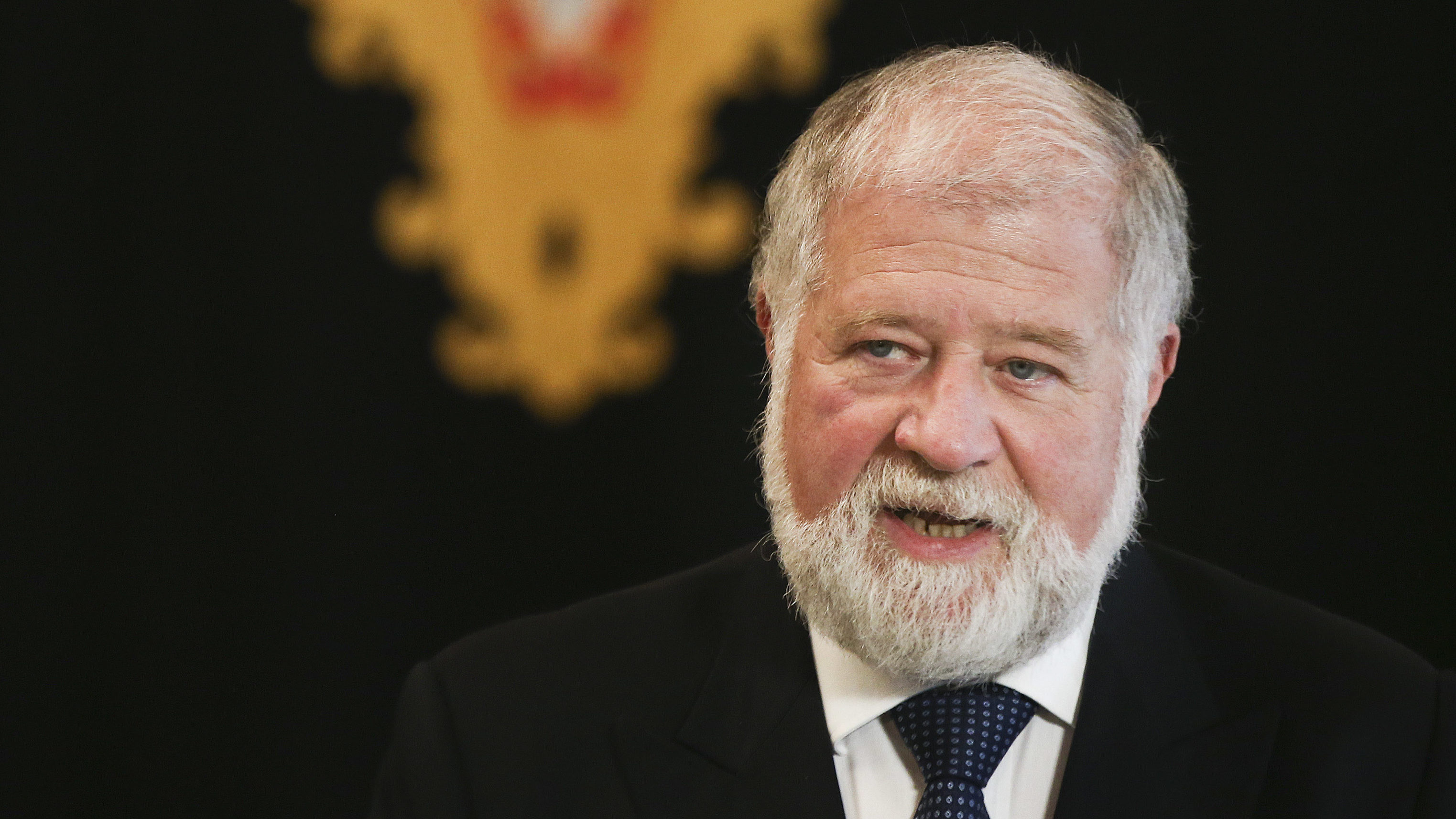How many thousand euros does it take to spark controversy in Parliament? 423
The controversy arose when the minister of Finance Mário Centeno announced the annual salary of CGD’s chairman: 423 thousand euros, meaning a monthly sum of 30 thousand euros.
The social democrat party deputy Duarte Pacheco asked a question in the hearing for the Committee on Budget and Finance, in Parliament, that sparked controversy: “These individuals [board members of Caixa Geral de Depósitos] have been appointed for a month. Can you inform us of the salaries they have received?”
As if he was already anticipating the reactions to the answer, Mário Centeno’s explanation was anything but to the point, lasting two and a half minutes long:
"[…] And being so, the board of directors’ chairman will have an equivalent salary to the average received by a vice chair in the Portuguese banking, which is of 423 thousand euros per year. Executive members will also have a salary equivalent to the average in the banking sector, which is 337 thousand euros. The non-executive members will have a 49 thousand euros’ salary, which corresponds, in fact, to a little less than that average.”
Concerning the set wages of the Portuguese banks BCP and Novo Banco, they are lower than CGD; as for Portuguese banks BPI and Santander Totta, they would also have set wages lower than the ones earned in CGD, if it was not for the bonuses received if certain goals are met.
Assuming the yearly salaries revealed on Tuesday by the minister of Finance – 423 thousand euros for the chairman António Domingues (from which he deducts 13 thousand euros for taxes), 337 thousand euros for the executive members and 49 thousand euros for non-executive members – the State will spend 2.6 million euros per year on the board members of CGD. Political parties from left and right consider this value “unacceptable”.
Concerning this subject, the economists and managers Luís Mira Amaral, Eduardo Catroga and Miguel Beleza, when interviewed by ECO, agree that in order to have competent managers, it is essential they are properly paid, but good results must be demanded. The three of them disagree, however, with the proposal presented by PCP (Portuguese Communist Party), in which public and private managers’ compensations should be limited to 90% of the salary received by the prime minister – a situation which caused discomfort within parties, since the proposal was rejected by both PSD (Social Democratic Party) and PS (Socialist Party).




